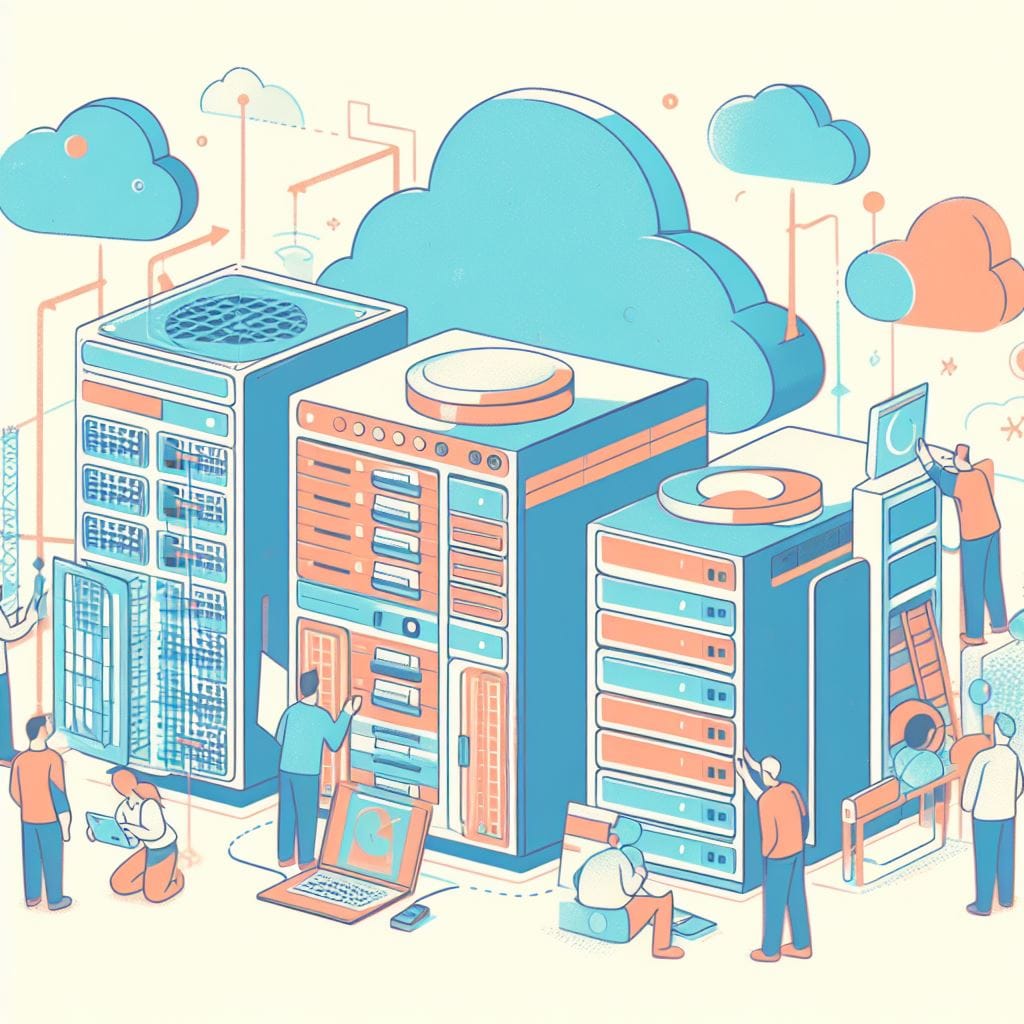The Role of Software-Defined Firewalls in Enhancing Security on Dedicated Servers

Software-Defined Firewalls (SDFWs) play a crucial role in enhancing security on dedicated servers. They provide a dynamic and flexible approach to managing network traffic and protecting against various types of cyber threats. Here are some key aspects of how SDFWs contribute to server security:
- Granular Control: SDFWs allow administrators to define and enforce rules at a granular level. This means you can specify which types of traffic are allowed or denied based on factors like IP addresses, ports, protocols, and even specific applications or services.
- Adaptability: SDFWs can adapt to changing network conditions and threat landscapes. They use real-time intelligence to make decisions about traffic, allowing them to respond dynamically to emerging threats.
- Application Awareness: Unlike traditional firewalls that primarily work at the network layer (Layer 3 and 4), SDFWs are aware of the applications running on the server. They can make decisions based on the specific applications or services trying to communicate, providing an additional layer of security.
- Virtualization and Cloud Integration: SDFWs are well-suited for virtualized environments and cloud platforms. They can be integrated with cloud management tools and orchestration systems to ensure consistent security policies across dynamic, scalable infrastructures.
- Policy Orchestration and Automation: SDFWs can be managed through centralized management consoles that allow for the creation, deployment, and monitoring of security policies across multiple servers. This can significantly reduce administrative overhead and ensure consistent security configurations.
- Threat Intelligence Integration: SDFWs can be integrated with threat intelligence feeds to enhance their ability to identify and respond to known malicious entities. This includes IP reputation lists, known malware signatures, and other threat indicators.
- Logging and Monitoring: SDFWs provide extensive logging capabilities, allowing administrators to track and analyze network traffic patterns. This information is crucial for detecting and investigating security incidents.
- Intrusion Prevention System (IPS): Some SDFWs incorporate IPS functionality, which actively monitors and analyzes network and/or system activities for signs of known and unknown threats. When suspicious activity is detected, the IPS can take immediate action to block or mitigate the threat.
- Compliance and Reporting: SDFWs often come with reporting features that assist in demonstrating compliance with various industry regulations and standards. They can generate audit trails and reports that show adherence to security policies.
- Zero Trust Security: SDFWs align with the principles of Zero Trust Security, where trust is never assumed and every device and user is verified before granting access to resources. This approach helps protect against lateral movement and insider threats.
- DDoS Protection: Many SDFWs offer DDoS protection features to mitigate the impact of large-scale distributed denial-of-service attacks.
- Multi-Tenancy Support: In environments where multiple servers are hosted together, such as in a data center or cloud environment, SDFWs can provide isolation and security for each dedicated server.
In summary, Software-Defined Firewalls bring a high degree of flexibility, intelligence, and adaptability to server security. By combining granular control with application awareness, threat intelligence integration, and automation, they provide a powerful defense against a wide range of cyber threats. Implementing an SDFW as part of your security strategy can significantly enhance the protection of dedicated servers.



